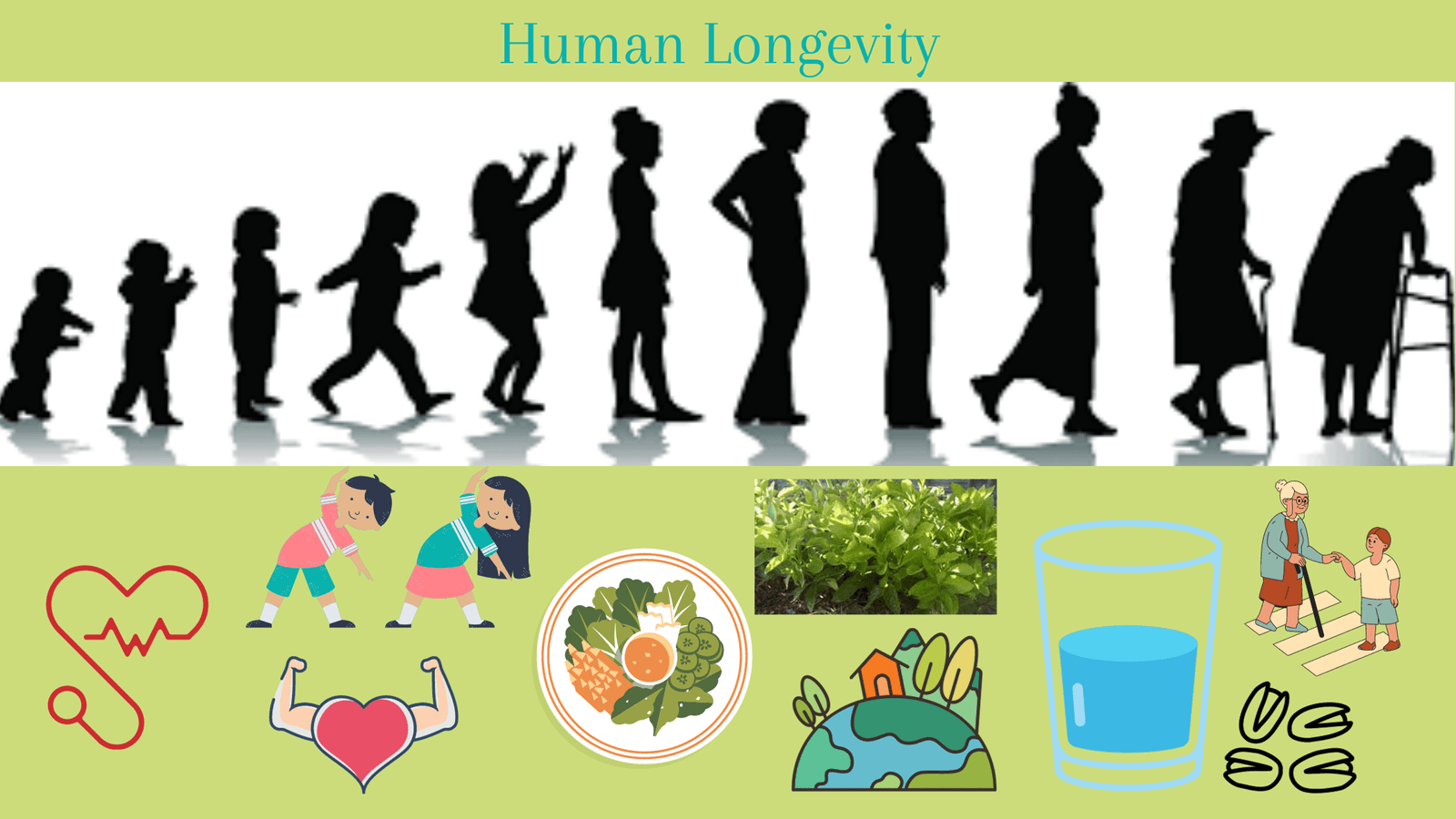Human Longevity: Secrets to a Healthier, Longer Life from a 100-Year-Old Doctor
Introduction to Longevity
Human longevity, defined as the length of an individual’s life, is shaped by genetics, lifestyle choices, healthcare access, and environmental factors. While global life expectancy averages around 73 years, certain regions—like the famed Blue Zones—see people thriving past 100. The science of longevity focuses on extending lifespan while promoting healthy aging.
In a recent interview with Doug Batchelor, Dr. John Scharffenberg, a 100-year-old physician, nutritionist, and professor, shared actionable tips for living vibrantly into old age. Let’s explore his advice!
Meet Dr. John Scharffenberg: A Living Testament to Longevity
At 100, Dr. Scharffenberg still practices medicine, drives, and teaches at Loma Linda University. His career spans decades, including roles at Harvard’s School of Public Health and the San Bernardino County Health Department. His longevity? No magic pill—just simple, science-backed habits.
Dr. Scharffenberg’s Longevity Health Plan
1. Move Your Body Daily
- Exercise beats obesity: “An obese person who exercises daily can outlive a sedentary person of normal weight.”
- Combat risk factors: “Even smokers or those with high cholesterol who exercise regularly may live longer than inactive individuals without these risks.”
- Aim for moderation: Walk, garden, or stretch. Every hour of activity could add three hours to your life!
2. Ditch Harmful Habits
- Avoid tobacco in all forms.
- Cut alcohol completely.
- Stay active: Inactivity accelerates aging.
3. Eat Plants, Not Processed Foods
- Go vegetarian: Plant-based diets reduce chronic diseases. Dr. Scharffenberg avoids meat and dairy.
- Limit sugar and meat: Excess sugar causes weight gain, hypertension, and high cholesterol.
- Healthy fats: Add flax seeds (rich in omega-3), chia seeds, nuts, and avocado.
4. Hydrate Smartly
- Drink water between meals (not during) to avoid diluting stomach acids. Skip sugary sodas!
5. Sleep & Stress Management
- 7–8 hours of sleep: Early to bed, early to rise.
- Stay calm: Practice deep breathing, maintain a positive attitude, and lean on faith or community to reduce stress.
6. Check Your Labels
- Use non-hydrogenated butter to avoid harmful trans fats.
Lessons from Blue Zones
Regions like Sardinia and Okinawa boast exceptional longevity due to:
- Daily physical activity (e.g., walking, farming).
- Strong social bonds and low stress.
- Plant-heavy diets with minimal processing.
- Sunlight exposure (vitamin D) and mineral-rich water/soil.
Superfoods to Boost Lifespan
- Longevity Spinach (Gynura Procumbens): Lowers blood sugar and cholesterol. Use in salads or cooked dishes.
- Pistachios: Packed with heart-healthy fats and fiber—opt for unsalted!
- Calcium: Aim for 525 mg daily to strengthen bones (consult your doctor for personalized advice).
Health Monitoring Tips
- Men: Track LDL cholesterol.
- Women: Monitor triglyceride levels.
Start Early: Create Healthy Habits for Kids
Parents shape lifelong health! Foster environments with nutritious meals, active play, and emotional resilience.
Final Thoughts
Dr. Scharffenberg’s tips aren’t revolutionary—they’re simple, sustainable choices. By prioritizing movement, plant-based eating, and mental peace, we can all work toward an abundant life.
Disclosure: This blog summarizes advice from Dr. John Scharffenberg. Always consult your healthcare provider before making lifestyle changes, especially if you have existing health conditions. This content is for general information only.
Let’s embrace these habits and thrive at every age!
The Plant Free MD with Dr Anthony Chaffee MD (Author)free Audiobook
Affiliate Disclosure: Please note that some of the links in this article are affiliate links. This means that if you click on these links and make purchase, I may earn a small commission at no additional cost to you. These commission help support the work I do to bring you valuable and up to date content. I only recommend products or services that I believe will add value to my readers. Thank you for your support.

